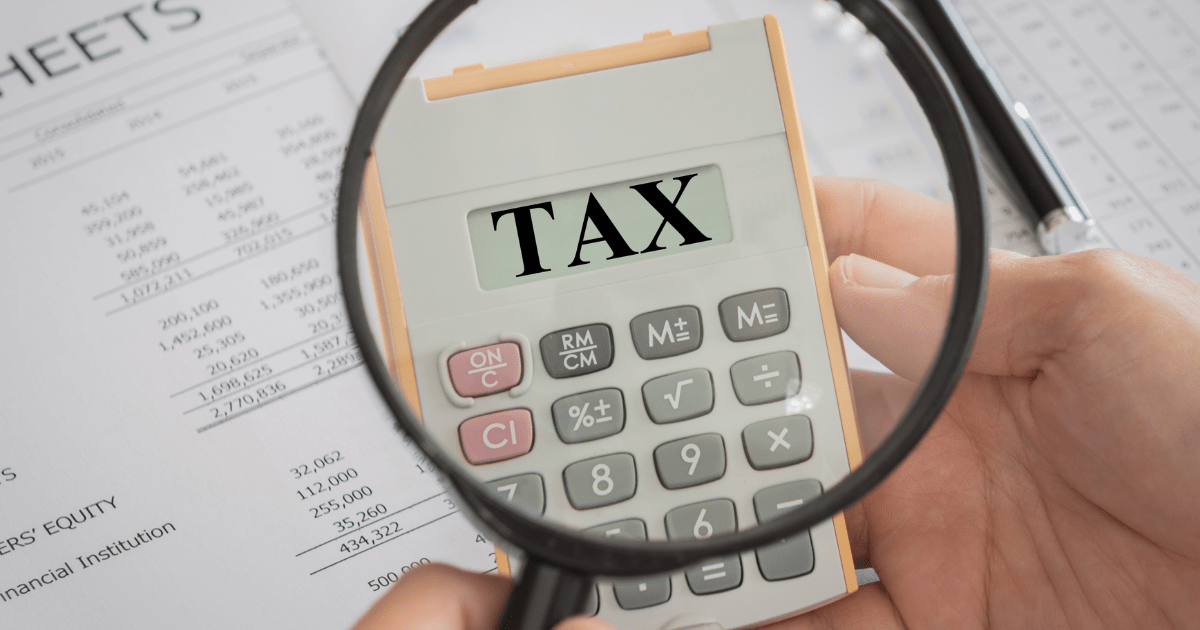Introduction
Forex trading, also known as foreign exchange trading, involves buying and selling currencies to profit from changes in their exchange rates. While it offers lucrative opportunities, it’s important for forex traders to understand the tax implications associated with their trading activities. This comprehensive guide aims to provide you with a thorough understanding of forex trading taxes, including the types of taxes, tax calculations, deductions, and tax considerations in different countries.
1. Do Forex Traders Have to Pay Taxes on Their Profits?
Forex traders are generally required to pay taxes on their trading profits. However, the specific tax obligations vary depending on the country of residence and the type of trading activity. In most countries, forex trading profits are subject to taxation unless the country exempts capital gains from taxation. It’s crucial for traders to understand the tax laws and regulations in their respective jurisdictions.
2. Types of Forex Trading Taxes
Forex trading taxes can be categorized into two main types: capital gains tax and income tax.
2.1 Capital Gains Tax
Capital gains tax is the most common form of taxation for forex trading profits. It is imposed on the gains made from the sale or exchange of capital assets, such as currencies or financial derivatives. The tax rate applied to capital gains varies depending on the holding period and the tax laws of the country.
2.2 Income Tax
In some countries, forex trading profits may be treated as ordinary income and subject to income tax. Income tax rates are typically progressive, meaning that higher income levels are taxed at higher rates. Forex traders must include their trading profits as part of their total income and pay taxes accordingly.
3. Tax Obligations for Forex Traders
Forex traders have certain tax obligations that they must fulfill to comply with the tax laws of their respective countries.
3.1 Individual Taxpayer Identification Number (ITIN)
In the United States, non-resident forex traders are required to obtain an Individual Taxpayer Identification Number (ITIN) from the Internal Revenue Service (IRS) to fulfill their tax obligations. This unique identification number is used for tax reporting purposes.
3.2 Record Keeping and Reporting
Forex traders need to maintain detailed records of their trading activities, including trade transactions, profits, and losses. Accurate record keeping is essential for calculating taxes and providing necessary documentation during tax audits. Traders should report their forex trading income and expenses on their tax returns as per the requirements of their country’s tax authority.
3.3 Tax Payment Deadlines
Forex traders must be aware of the tax payment deadlines in their respective jurisdictions. Failure to meet these deadlines may result in penalties and interest charges. It’s advisable to consult with a tax professional or refer to the tax authority’s guidelines to ensure timely and accurate tax payments.
4. Tax Considerations in Different Countries
Tax regulations for forex trading vary from country to country. Here, we provide an overview of tax considerations in several major countries:
4.1 United States
In the United States, forex trading profits are subject to both federal and state taxes. Forex traders are required to report their trading income and pay taxes based on the applicable tax rates. The IRS provides specific guidelines for reporting forex trading activities, including the use of Form 8949 and Schedule D.
4.2 United Kingdom
In the United Kingdom, forex trading profits fall under the Capital Gains Tax regime. However, there is an annual exempt amount (AEA) that allows a certain level of capital gains to be earned tax-free. British forex traders should be aware of the AEA threshold and report their trading gains accordingly.
4.3 Australia
In Australia, forex trading profits are treated as ordinary income and subject to progressive income tax rates. Traders need to include their forex trading profits in their annual income tax return. It’s important to consult with a tax professional to ensure compliance with the Australian Taxation Office (ATO) guidelines.
4.4 Canada
In Canada, forex trading profits are considered business income and are subject to taxation. Forex traders are required to report their trading income and expenses on their tax returns. The tax rates applied to forex trading profits depend on the trader’s income level and the province in which they reside. It’s recommended to consult with a tax professional or refer to the guidelines provided by the Canada Revenue Agency (CRA).
4.5 Other Countries
Tax regulations for forex trading vary in different countries around the world. Some countries may exempt forex trading profits from taxation, while others may impose specific rules and tax rates. It’s essential for forex traders to research and understand the tax laws in their respective countries to ensure compliance.
5. Tax-Deductible Expenses for Forex Traders
Forex traders may be eligible to deduct certain expenses related to their trading activities, which can help reduce their overall tax liability. Here are two common types of tax-deductible expenses for forex traders:
5.1 Trading Losses
Trading losses incurred by forex traders can be offset against their trading profits, reducing the taxable income. It’s important to keep accurate records of all trading losses to substantiate the deductions claimed.
5.2 Business Expenses
Forex traders who treat trading as a business may be able to deduct various business expenses, such as trading platform fees, data subscriptions, internet expenses, and professional fees. These deductions can help lower the taxable income and potentially result in tax savings.
6. Tax Planning and Strategies for Forex Traders
Forex traders can employ various tax planning strategies to optimize their tax positions. Here are two important considerations:
6.1 Entity Structure
Choosing the right entity structure for forex trading can have significant tax implications. Some traders may opt to trade as individuals, while others may establish a separate legal entity, such as a limited liability company (LLC) or corporation. It’s advisable to consult with a tax professional to determine the most suitable entity structure based on individual circumstances.
6.2 Tax Advantages of Specific Forex Trading Strategies
Different forex trading strategies may have varying tax implications. For example, traders who engage in long-term investing may benefit from lower capital gains tax rates, while those involved in frequent short-term trading may be subject to higher tax rates. Understanding the tax advantages and disadvantages of different trading strategies can help traders make informed decisions.
7. Common Questions and Answers
- Do I need to pay taxes on forex trading if I incur losses?
- Are there any tax exemptions for forex trading profits?
- How do I calculate my forex trading taxes?
- Can I carry forward trading losses to offset future profits?
- Do I need to pay taxes on forex trading if it’s my secondary source of income?
Key Takeaways
- Forex traders are generally required to pay taxes on their trading profits, subject to the tax laws of their respective countries.
- The types of taxes applicable to forex trading include capital gains tax and income tax.
- Forex traders have specific tax obligations, such as obtaining an Individual Taxpayer Identification Number (ITIN), maintaining accurate records, and meeting tax payment deadlines.
- Tax considerations for forex traders vary in different countries, and it’s important to understand the regulations and guidelines applicable to your jurisdiction.
- Forex traders may be eligible to deduct trading losses and certain business expenses, reducing their overall tax liability.
- Strategic tax planning, including choosing the right entity structure and understanding the tax implications of different trading strategies, can optimize a forex trader’s tax position.
Remember, tax laws and regulations are subject to change, and it’s advisable to consult with a qualified tax professional or authority in your jurisdiction to ensure compliance with the latest requirements.
Disclaimer: This article is for informational purposes only and should not be construed as professional tax advice. Consult with a qualified tax professional for personalized advice related to your specific tax situation.








